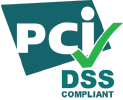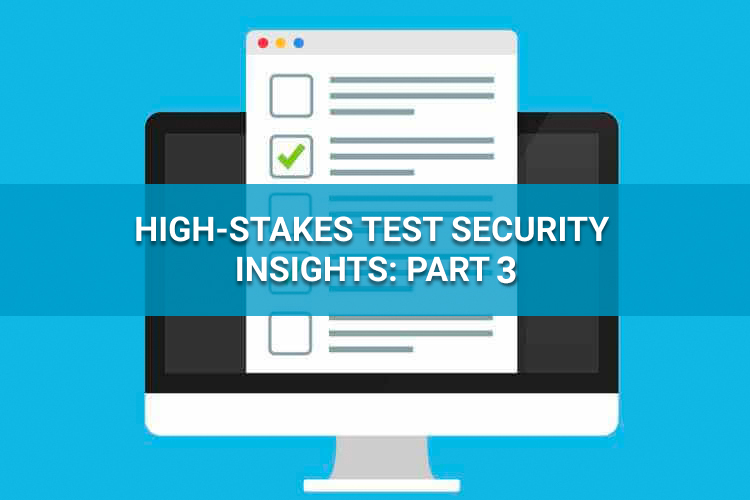Until the COVID-19 pandemic closed dedicated computer-based test centers around the world, they were predominant venues for administration of high-stakes credentialing exams. Today, as pandemic fears recede, test centers are again serving test candidates and credentialing programs. For credentialing programs that use on-site test centers to administer exams, it is essential to regularly conduct a test center audit.
On-site, observation-based validation of policies and practice – aka an audit – is an essential element in confirming center performance, says Kryterion Senior Psychometrician Zach Irwin.

The serious business of test security, observes Irwin, requires that credentialing programs and test center network vendors periodically verify the protocols and procedures of the testing centers they work with. “On-site audits are an essential tool for any organization that relies on test centers to manage administration of assessments.”
The benefits of on-site test centers
The validity of credentialing decisions relies on credentialing organizations’ ability to ensure exam administration consistency. This explains many organizations’ high regard for “brick and mortar” testing centers. These centers promise sponsors and test candidates alike tightly-controlled testing environments and exam administration methods:
- Professional proctoring
- Strong commitment to high exam administration standards
- Secure physical and digital data environments
- Careful enforcement, tracking and reporting
The benefits of on-site test center audits
Test centers watch test candidates take tests. But whose business is it to watch test center staffers and proctors? The answer: credentialing programs and vendors themselves.
If the security of an assessment is compromised while it is being delivered by a test center, the test sponsor clearly has the most to lose.
According to Irwin, the two most common methods of monitoring test centers involve announced staff visits and so-called secret shoppers. The former are preferred for official review of test centers’ procedures and protocols, including security measures and the adequacy of test environment characteristics. The latter, posing as actual candidates, are typically dispatched when program administrators suspect that center proctors aren’t upholding expected performance standards.
Secret shoppers may be asked to surveil a particular testing location when candidate performance statistics reveal unexpected performance patterns, such as unexpectedly high pass rates. They may also be sent out when whistleblower reports indicate deficient security enforcement.
Secret shoppers observe and report on candidate identification procedures. They can confirm whether proctors are present and actively engaged in supervision. They can assess whether the proctoring staff observes test candidates in the test environment with minimal candidate interaction. They will also report proctor actions that intentionally or unintentionally undermine test security.
On-site test center audits ensure consistently high standards of exam administration
Most test centers strive to deliver excellent service. That, in any case, is the experience of Kryterion, which manages an international network of professional testing centers: the Kryterion Testing Network (KTN).
Still, periodic audits can expose lapses and irregularities in the practices and procedures of individual testing centers. For example, failure to properly verify a test candidate’s identity. Or failure to prevent use of unauthorized test aids. Or failure to prevent access to an electronic device in the testing environment.
No testing network or credentialing program wants to receive an unsatisfactory test center audit report, says KTN Manager Annette Anderson. Still, she believes that energetic policing ensures sub-standard test centers are quickly reformed or jettisoned as exam administration partners.

No country or community is immune to test center issues, points out Irwin. “The smart solution to ensuring consistently high testing center standards,” he says, “is correspondingly consistent confirmation that the desired standards are being properly implemented.”
This is why on-location test site audits are essential QA tools for credential security!
Did you learn something? If so, look for the next article in our Test Security Insights series. It will address the exam security benefits of data forensics.
The last article in this Test Security Insights series focused on crucial role of proctors in high-stakes exams. Find it here.
Have a burning question about the psychometric or security status of your test development project or credentialing initiative? Don’t wait! Reach out to Kryterion’s Psychometrics Team here.








